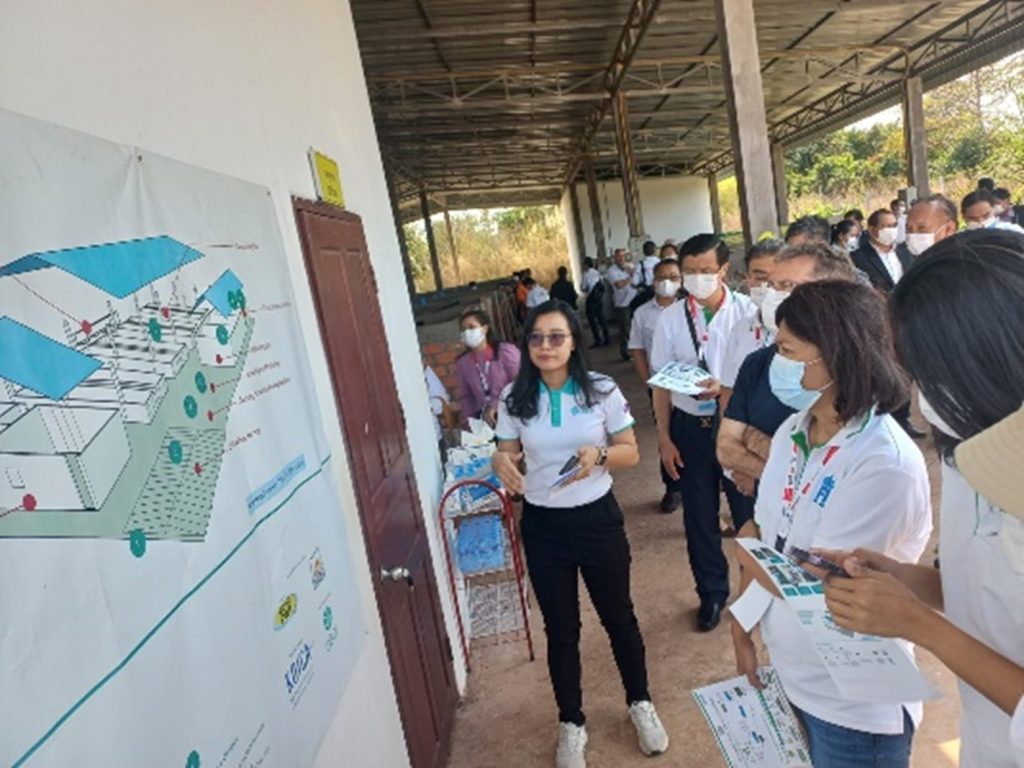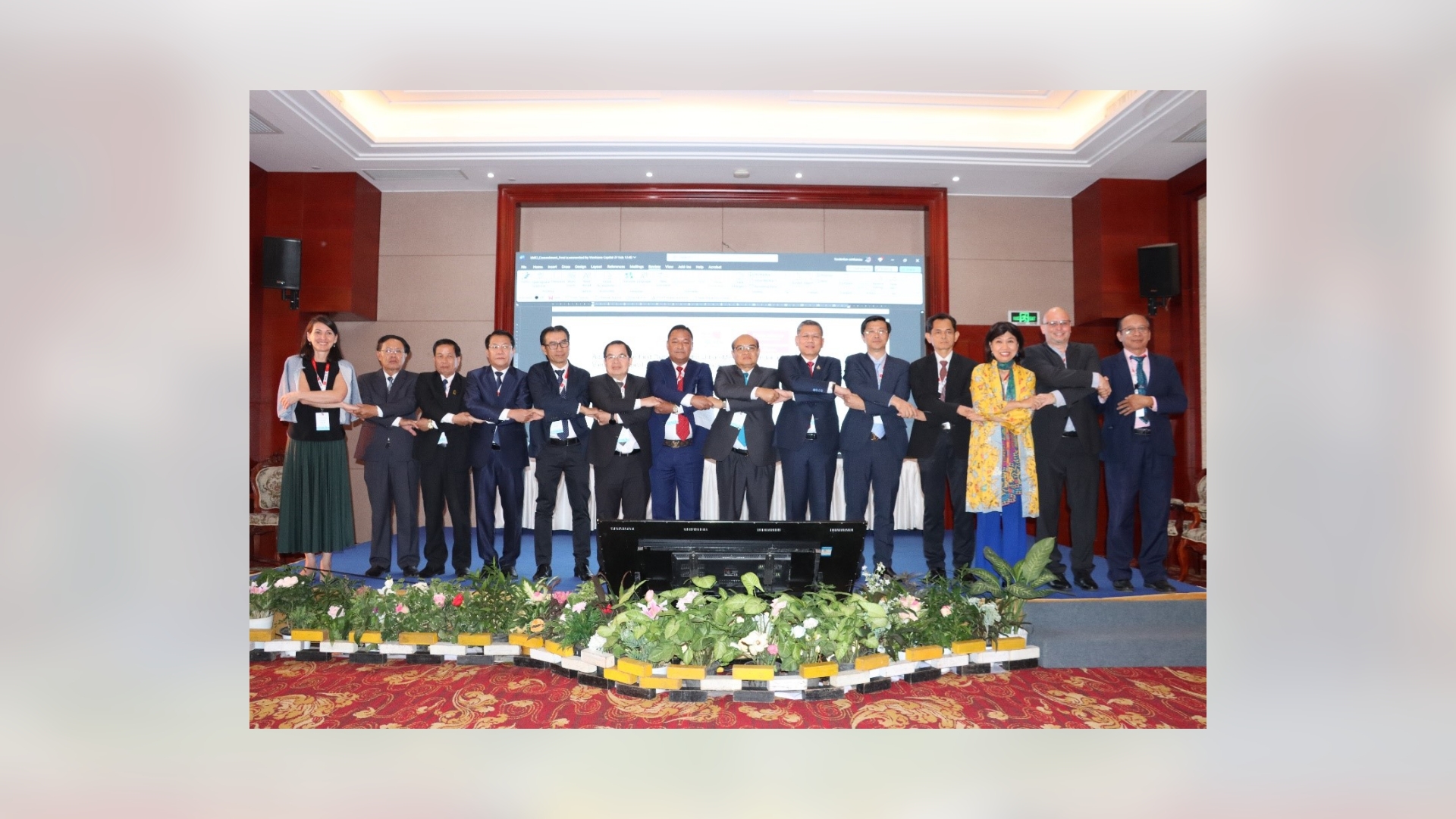February 27-28, 2024 I Vientiane – UCLG ASPAC collaborated with Cities Alliance in the Mekong Corridor Initiative. The initiative addresses urban challenges in the Mekong Subregion, an area that naturally interconnects five member countries: Cambodia, Lao PDR, Myanmar, Thailand, and Viet Nam. The area plays an even more crucial role as it is home to nearly 65 million inhabitants (mcrmekong.org) and is projected to soar. The Mekong Corridor Initiative addresses challenges arising in the area such as climate change, declining agricultural yields, water scarcity, biodiversity loss, and waste management through dialogues, collaborations, and project implementation. Under the Mekong Corridor Initiative, UCLG ASPAC plays a role in organising the Mekong Corridor Dialogues.
The Urban Mekong Corridor Dialogue #1
Funded by the Swiss Agency for Development and Cooperation, the First Urban Mekong Dialogue hosted by the Vientiane City Government, successfully gathered around 100 cities and local government officials from Cambodia (Phnom Penh, Kampong Cham, National League of Commune/NLC), Lao PDR (Vientiane, Luang Prabang, Pakse, Thakek, Kaysone), Thailand (Mukhdahan, Nong Khai), and Viet Nam (The Association of Cities of Viet Nam/ACVN) who shared a common vision of inclusive and green urban development. The delegates fostered collaborative approaches to developing economic clusters, creating a competitive, interconnected, and sustainable network of cities and local governments to ensure inclusive and equitable development.

In the event, delegates shared, highlighted, and discussed their sustainable growth practices, especially on plastic and solid waste management as lessons learned and further action plan development. The event also provided mentorship with ASEAN-inspired cities of Mekong Corridor to accelerate urban development strategies. The dialogue resulted in a comprehensive planning approach that balances economic and social equity with environmentally sustainable development in the Greater Mekong Subregion. The dialogue also produced an Urban Mekong Corridor Initiative (UMCI) Commitment, involving high-level dignitaries from Mekong countries, demonstrating a strong regional commitment to promote sustainable urban development and collaboration among cities along the Urban Mekong Corridor. Delegates also joined a study visit to That Luang and Solid Waste Transfer Station Nahai Village, Saysettha District. Delegates were also informed with practical information on how Vientiane Capital achieves sustainability through solid and organic waste management.
Continuing the success of the first dialogue, a second dialogue will be organised and hosted by Phnom Penh Capital Administration, Cambodia, in June 2024, focusing on the technical matters for the realisation of long-term project implementation. The second dialogue will target the previously attended participants, and other ASEAN cities (and beyond) to strengthening project proposals on solid waste plastic management and nature-based solutions.











